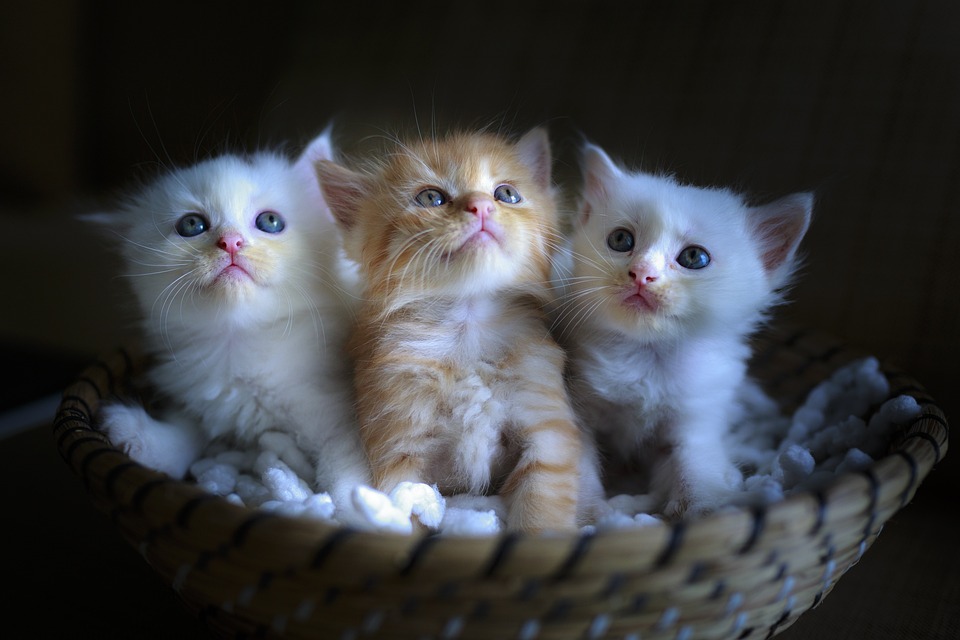Cats are beloved companions that bring joy and happiness to our lives. To ensure their well-being, it is crucial to follow a comprehensive vaccination schedule. Vaccinating your cat is not only essential for their health but also helps prevent the spread of contagious diseases. In this article, we will delve into the importance of cat vaccinations, when to vaccinate, the recommended schedule, and answer some frequently asked questions.
Why are cat vaccinations important?
Vaccinations play a vital role in protecting your cat from a range of potentially life-threatening diseases. These vaccines stimulate the immune system to recognize and fight specific viruses or bacteria, preventing or minimizing the severity of the disease if exposed. By vaccinating your cat, you not only safeguard their health but also contribute to the overall well-being of your feline community.
When should you start vaccinating your cat?
Kittens usually receive antibodies from their mother’s milk during the first few weeks of life, providing temporary immunity. However, as this immunity fades, it becomes crucial to begin their vaccination series. Most veterinarians recommend starting vaccinations at around 8 to 9 weeks of age.
What is the recommended cat vaccination schedule?
1. Feline Distemper (FVRCP): The FVRCP vaccine protects against three highly contagious diseases: feline viral rhinotracheitis, calicivirus, and panleukopenia. The initial vaccination is typically administered at 8-9 weeks, followed by boosters every 3-4 weeks until the kitten reaches 16 weeks of age. After that, a yearly booster is recommended.
2. Rabies: Rabies is a deadly disease that can be transmitted to humans and other animals. The first rabies vaccine is usually given at 12 weeks of age, followed by a booster one year later. Subsequent boosters are typically administered every 1-3 years, depending on local regulations and the type of vaccine used.
3. Feline Leukemia Virus (FeLV): FeLV is a viral disease that weakens the immune system and can lead to various health issues. Kittens at risk, such as those who go outdoors or live with FeLV positive cats, should be vaccinated. The initial FeLV vaccine is often given at 12 weeks, followed by a booster three to four weeks later. Annual boosters are recommended for cats at continued risk.
4. Additional Vaccines: Depending on your cat’s lifestyle and risk factors, your veterinarian may recommend additional vaccinations, such as Feline Immunodeficiency Virus (FIV) or Bordetella. Consult with your veterinarian to determine the appropriate vaccines for your cat.
Frequently Asked Questions (FAQs)
1. Are vaccines safe for cats?
– Yes, vaccines are generally safe for cats. However, some mild side effects like lethargy or swelling at the injection site may occur. Serious adverse reactions are extremely rare.
2. Do indoor cats need vaccinations?
– Even though indoor cats have a lower risk of exposure, they should still receive vaccinations. Indoor cats can still escape or be exposed to diseases through contact with other animals or humans.
3. Can vaccinations cause autism in cats?
– No, there is no scientific evidence to support a link between vaccinations and autism in cats.
4. What happens if I miss a booster shot?
– If a booster shot is missed, it is important to consult with your veterinarian to determine the best course of action. Depending on the specific vaccine, a delayed booster or restarting the series might be recommended.
5. Are there any alternatives to traditional vaccines?
– There are some non-traditional vaccination options available, such as intranasal vaccines or adjuvant-free vaccines. Discuss these alternatives with your veterinarian to determine their suitability for your cat.
Remember, regular vaccinations are crucial for maintaining your cat’s health and preventing the spread of contagious diseases. Consult with your veterinarian to create a personalized vaccination schedule that fits your cat’s lifestyle and individual needs. By vaccinating your feline friend, you are providing them with the best chance at a long and healthy life.








